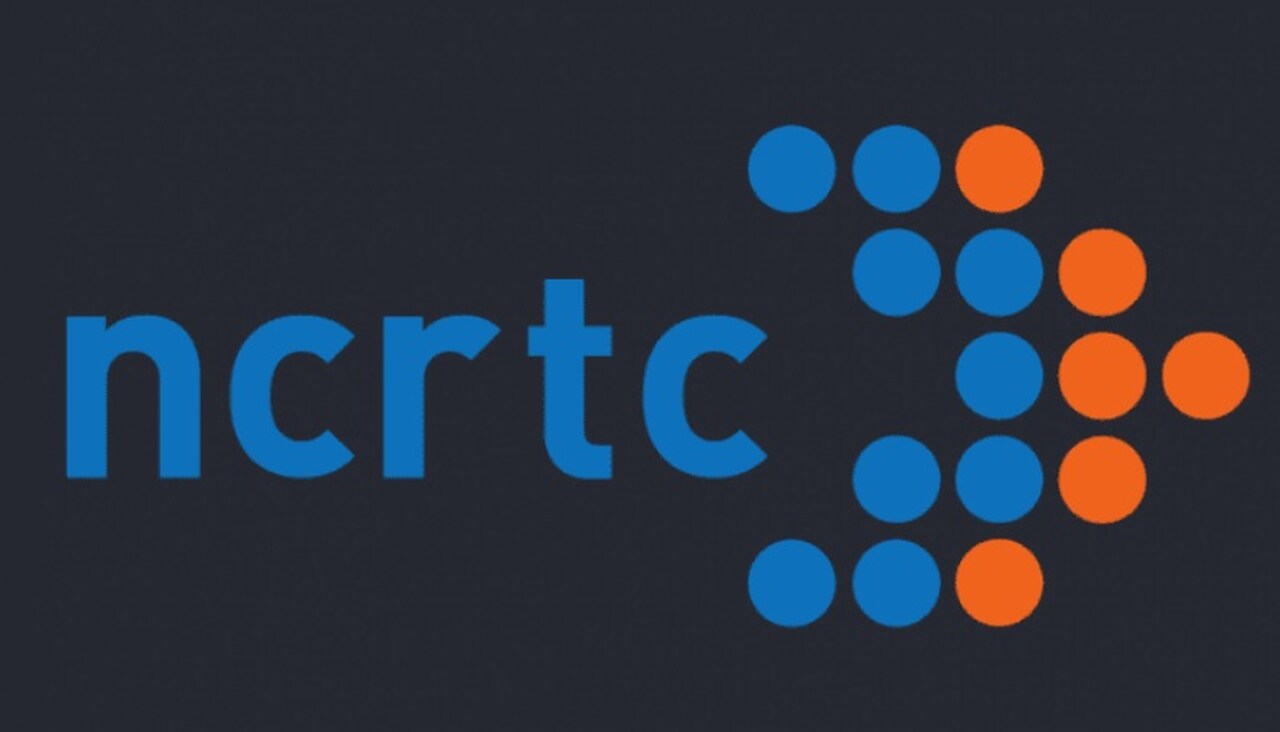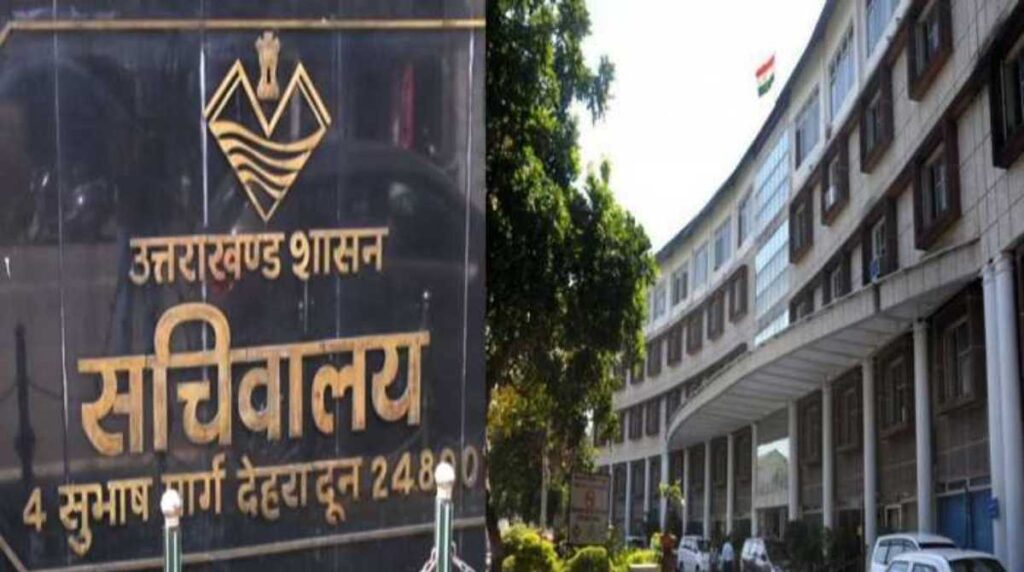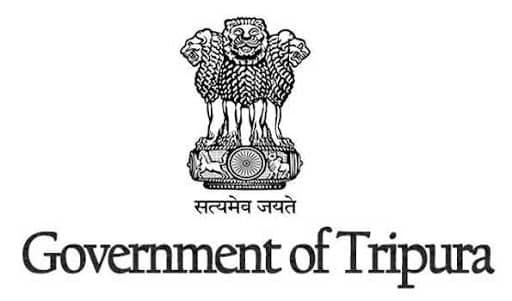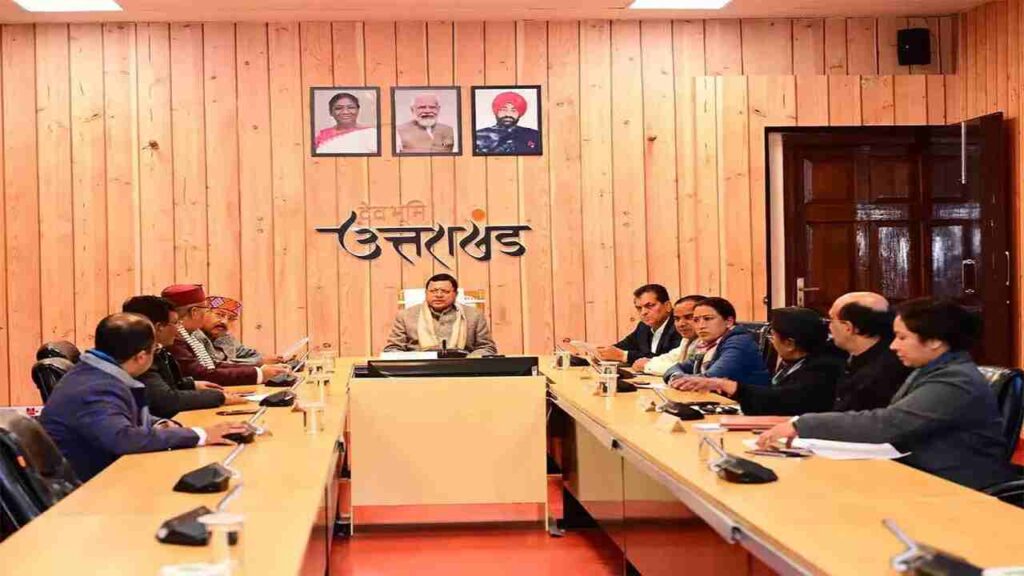New Delhi: The National Capital Region Transport Corporation (NCRTC) was honored with three prestigious Construction Industry Development Council (CIDC) Vishwakarma Awards, with one recognizing it as the best professionally managed company, as announced in a statement released on Friday.
NCRTC is actively engaged in implementing the Regional Rapid Transit System (RRTS), a cutting-edge rail-based transit system designed for high-speed, high-frequency travel. This transformative project aims to connect major metropolitan areas, cities, towns, and urban nodes across the National Capital Region (NCR).
The accolades bestowed upon NCRTC at the 15th CIDC Vishwakarma Awards are noteworthy. The organization was recognized with the Achievement Award for being the best professionally managed company in the construction domain, particularly for entities with a turnover exceeding Rs 2,500 crore. Additionally, NCRTC received two Achievement Category Awards, one for its significant social development impact and the other for its outstanding construction projects exemplified by the Delhi-Ghaziabad-Meerut RRTS corridor.
The Vishwakarma Awards serve as a platform to celebrate and acknowledge remarkable contributions and achievements within the construction sector. CIDC, being the apex body dedicated to promoting best practices in the Indian construction industry, facilitates these prestigious awards.
The RRTS corridor, boasting a design speed of 180 kmpm and an operational speed of 160 kmph, promises to deliver a swift, reliable, safe, comfortable, efficient, and sustainable transport solution. It facilitates connectivity between Delhi and key urban centers such as Ghaziabad, Muradnagar, Modinagar, and Meerut.
The inauguration of the Namo Bharat train services by Prime Minister Narendra Modi marked a significant milestone on March 6, covering a 17-km stretch from Duhai to Modi Nagar North RRTS stations. Presently, a 34-km section between Sahibabad and Modi Nagar North of the Delhi-Ghaziabad-Meerut RRTS corridor, comprising eight stations, is operational for passengers.
Construction activities are progressing at a rapid pace on the remaining stretches, with the entire 82-km corridor anticipated to be operational well ahead of the targeted timeline of June 2025, as stated in the release.








